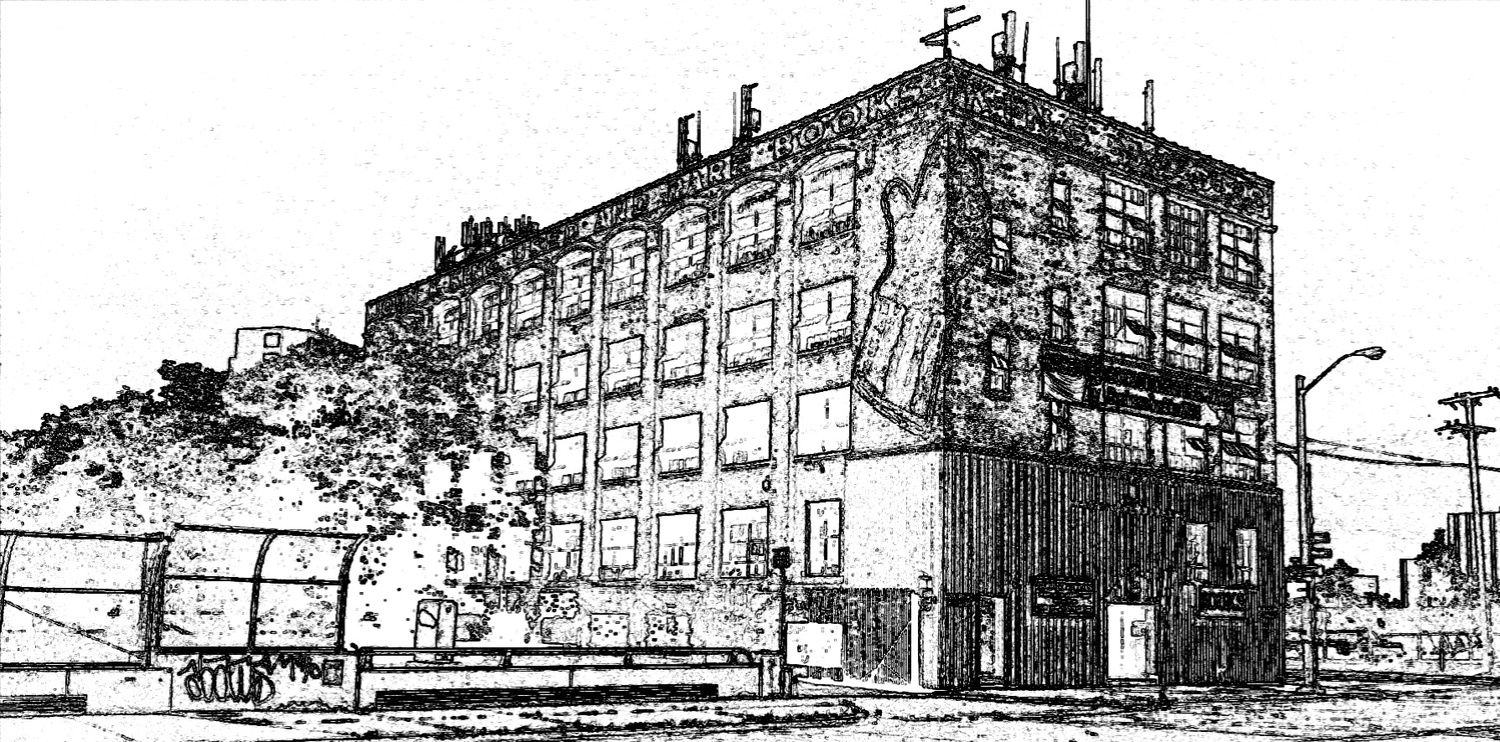Minutes from the USA/Canada border, downtown Detroit is central business district and a residential area in Detroit, Michigan. Following the collapse of the auto industry, Detroit’s economy took an enormous hit, forcing the city to declare the “largest municipal bankruptcy in US history”. Along with its economic issues, Detroit has faced an alarming decline in population. According to the US Census, Detroit’s population dropped from 951,270 to 713,777 in a mere thirteen years. Demographics in Detroit’s population were also drastically affected by the hit the auto industry took. In 2010 the US Census found that 82.7% of Detroit’s habitants were Black or African American, 10.6% were white and a mere 1.1% was Asian.
Recently, however, Detroit has seen an influx of white millennials who find the city more alluring than the suburbs they grew up in. Unlike other major cities like New York and San Francisco that have also undergone a change in demographics, Detroit’s cheap housing and incentive programs are fueling the shift in demographics. One thing that hasn’t changed: John K. King Used and Rare Books.

Nestled between abandoned buildings and corporate offices is John K. King Used and Rare Books. Originally an old glove factory, John King bought the 901 West Lafayette building in 1983 to showcase his collection of books and artifacts. Isolated on the corner of Lafayette Blvd and 5th Street, the bookstore is relatively plain looking building with layers of paint peeling off of the walls. Without the several posters plastered onto the side of the wall that label this building as a bookstore, you could walk by this place and not even know what’s hiding within those four walls.
The surrounding area appears just as run down as the bookstore. The streets are littered with cracks that were poorly attempted to be fixed, the alleyway behind the bookstore looks like a place you might avoid not only during the night but the day too. Minutes from the bookstore there is a Greek-town and an Opera house. The area appears culturally dense, but nothing appears to be close to the bookstore itself.
So why this place and why so isolated?
33 years seems like a long time for a bookstore in Detroit to thrive but John K. King has withstood time. In his text titled “Reading a ‘A Global Sense of Place’”, Tim Cresswall quotes David Harvey saying, “place, in whatever guise, is like space and time, a social construct”. So following this observation “place” is something we construct. The qualities we give to downtown Detroit cant be given to this bookstore. Instead inside this bookstore we find qualities that we would never assign to Detroit . It’s quiet, it’s a not something you pass by as you walk, it’s a destination.
. It’s quiet, it’s a not something you pass by as you walk, it’s a destination.
Historically bookshops were meeting places. For scholars, neighbors, intellectuals, just about anyone with a passion for words. John K. King serves as a meeting place for people in and out of Detroit. Its easy enough to get lost between the stacks and piles of books, and being isolated from the city’s bustling population, it serves as a haven.
King manages to create his own “authentic sense of place”(Cresswall, 61), the bookstore’s economic and social ups and downs are separate from Detroit’s which allows the bookstore to be self-sustaining. Perhaps that’s why this bookstore managed to last so many years in Detroit.
References
Cresswell, Tim. Place: A Short Introduction. Malden, MA: Blackwell Pub., 2004. Print.
Google Maps
John K. King Used and Rare Books Website

0 Comments